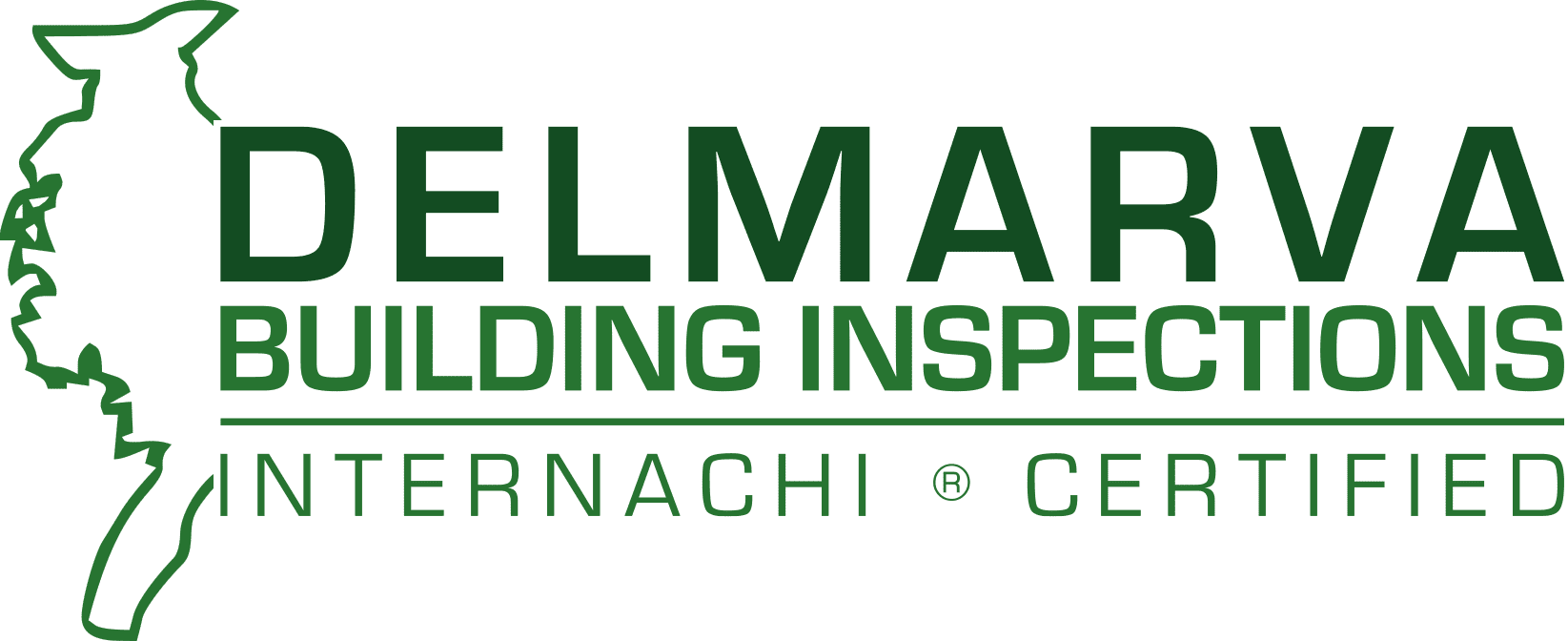Understand the Purpose of a Home Inspection Report
A home inspection thoroughly examines a property’s physical condition, covering various aspects such as structural integrity, mechanical systems, electrical systems, plumbing, and more. A home inspection aims to identify any existing or potential issues that could impact the property’s safety, functionality, and value. The culmination of this detailed assessment is the home inspection report, a comprehensive document that outlines the inspector’s findings, observations, and recommendations.
This report serves as a snapshot of the property’s current state and also equips you with the knowledge necessary to navigate negotiations, plan for future maintenance, and ensure your investment aligns with your expectations. As you embark on the journey of understanding your home inspection report, you’re embarking on a journey toward making an informed and empowered home-buying decision.
Review the Inspector’s Qualifications
Before diving into the report itself, take a moment to verify the home inspector’s qualifications. The inspector’s expertise and professionalism play a pivotal role in the accuracy and reliability of the inspection report. To verify you’re working with a qualified professional, check for certifications, experience, and knowledge relevant to evaluating the specific type of property you’re considering.

Certifications Demonstrate a Commitment
Certifications such as those from organizations like the International Association of Certified Home Inspectors (InterNACHI) and the American Society of Home Inspectors (ASHI) indicate that the inspector has undergone rigorous training and met industry standards. These certifications demonstrate a commitment to maintaining a high level of competence and adhering to ethical practices.
Experience Matters as Well
An experienced inspector has encountered a wide range of issues in different types of properties, making them better equipped to identify potential problems that a less experienced inspector might overlook. Look for inspectors with a strong track record of conducting thorough and insightful inspections.
Understanding of Building Codes
Knowledge of local building codes, regulations, and construction practices is another essential aspect to consider. A knowledgeable inspector can assess the property with a deep understanding of the region’s specific challenges and requirements. Whether considering climate conditions, common building materials, or local safety standards, their expertise will be evident in their assessment.
The Information Will Be the Foundation for Your Decisions and Negotiations
Remember, a reputable inspector’s expertise contributes to the quality of the inspection process and also directly impacts the value of the inspection report you receive. The information provided in the report will serve as a foundation for your decisions and negotiations, making it trustworthy in the accuracy and insightfulness of the findings. By confirming the qualifications of your chosen inspector, you’re taking a proactive step toward ensuring your peace of mind and confidence in the home inspection report.
You Can Follow a Structured Layout of the Report
The home inspection report typically follows a structured layout designed to present information in a clear and organized manner. This well-organized format allows you to easily navigate through the report and understand the different components of the property evaluated. Sections within the report are dedicated to specific areas of the home, such as the exterior, roof, interior, plumbing, electrical systems, HVAC, and structural components. Understanding this layout will help you efficiently interpret the report and locate relevant information.
The Inspector’s Observations
Each section of the report delves into the inspector’s observations and assessments, providing details about the condition of various elements within the property. This may include notes about any visible defects, potential safety hazards, areas requiring maintenance, and more. Many inspectors accompany their descriptions with photographs to provide visual context and enhance your understanding of the issues highlighted.
Actionable Insights for Your Home-Buying Journey
As you progress through the report, you’ll encounter a range of positive and negative findings. Positive findings emphasize well-maintained aspects of the property, offering reassurance and insights into its strong points. Negative findings, on the other hand, identify areas that need attention, whether for immediate repairs or ongoing maintenance.
To make the most of the report’s layout, pay close attention to the organization of information and the clarity of descriptions. By understanding how the report is structured, you can better comprehend the inspector’s assessments and translate them into actionable insights for your home-buying journey.
Embrace the Detailed Descriptions
Inspectors provide detailed descriptions of their findings, offering a comprehensive overview of the property’s condition. These descriptions cover positive and negative aspects, giving you a well-rounded view of what to expect. Positive findings shed light on well-maintained and functional elements of the property, instilling confidence in its overall quality. Conversely, negative findings draw your attention to areas that require careful consideration for repairs, improvements, or ongoing maintenance.
The Property’s Overall Functionality and Safety
Each item within the inspection report is meticulously detailed, providing you with pertinent information to understand the significance of the findings. A thorough description includes not only the nature of the issue but also its location within the property. This geographical context allows you to understand the scope of the problem and its potential impact on the property’s overall functionality and safety.
A Picture Paints a Thousand Words
Photographs often accompany these descriptions, serving as visual aids that help you grasp the extent of the issues highlighted in the report. Photographs provide a clear and unambiguous depiction of the findings, allowing you to visualize the problem without needing to be a construction expert. These visual references can be particularly valuable when discussing the report with contractors, sellers, or other professionals involved in the purchasing process.
Navigate The Home-Buying Process with Confidence
By embracing the inspector’s detailed descriptions, you empower yourself with a comprehensive understanding of the property’s strengths and weaknesses. This knowledge equips you to make informed decisions, whether it involves negotiating repairs with the seller, budgeting for future improvements, or simply gauging the property’s potential for your needs. The detailed descriptions are your window into the property’s condition, empowering you to navigate the home-buying process with greater confidence.
Differentiate Between Major and Minor Issues
Not all issues identified in the report are equal in significance. Compare between major problems that could impact safety, structural integrity, or cost and minor issues that may be cosmetic or easily fixable. Major issues might include a faulty foundation, roof leaks, or outdated electrical systems.
Pay Attention to Recommendations
Inspectors often go beyond simply identifying issues in the home inspection report; they also provide valuable recommendations for addressing the identified problems. These recommendations can encompass a range of actions, from immediate repairs to ongoing maintenance suggestions that help you safeguard the property’s condition in the long run. Paying close attention to these recommendations is essential, as they are key to making well-informed decisions throughout your home-buying journey.
The recommendations provided by the inspector serve as a roadmap for prioritizing repairs and improvements. While not every issue may require immediate attention, certain problems, such as safety hazards or structural concerns, must be addressed promptly. By heeding the recommendations, you can ensure that potential risks are minimized and that the property remains a safe and comfortable place to live.
Recommendations Play a Vital Role
Moreover, these recommendations play a vital role in your negotiations with the seller. When armed with concrete information about the property’s condition and a clear list of recommended repairs, you’re better positioned to negotiate terms that align with the necessary adjustments. This information can impact the purchase price, credits toward repairs, or even agreements to address specific issues before the sale is finalized.
Regarding budgeting, the inspector’s recommendations provide insight into the potential costs associated with repairs and maintenance. This information helps you prepare financially for the necessary improvements, whether you plan to tackle them before moving in or over time as your budget allows. Consider these costs alongside your overall home-buying budget to ensure you make a sound investment decision.
Protect Your Investment
By carefully considering and acting upon the recommendations provided in the home inspection report, you’re protecting your investment and setting the stage for a smoother transition into your new home. These recommendations are a valuable resource that empowers you to make decisions that align with your priorities, budget, and long-term goals.
Consult Specialists When Necessary
In some cases, the home inspection report may suggest further evaluation by specialists. For example, if there’s suspicion of mold, a structural engineer might need to assess the property. Don’t hesitate to seek expert opinions to gain a comprehensive understanding of any potential problems.
Make The Best Choice For Your Future Home.
Armed with insights from the home inspection report, you can negotiate with the seller. Depending on the findings, you might request repairs, a price reduction, or a credit to cover future maintenance. Your real estate agent can help you navigate this process effectively. A home inspection report is an invaluable tool for any prospective homebuyer. By understanding the various components, identifying major issues, and prioritizing repairs or negotiations, you can make well-informed decisions about the property you’re considering. Remember that no property is entirely perfect, but with a thorough inspection report, you’ll be equipped to make the best choice for your future home.


















